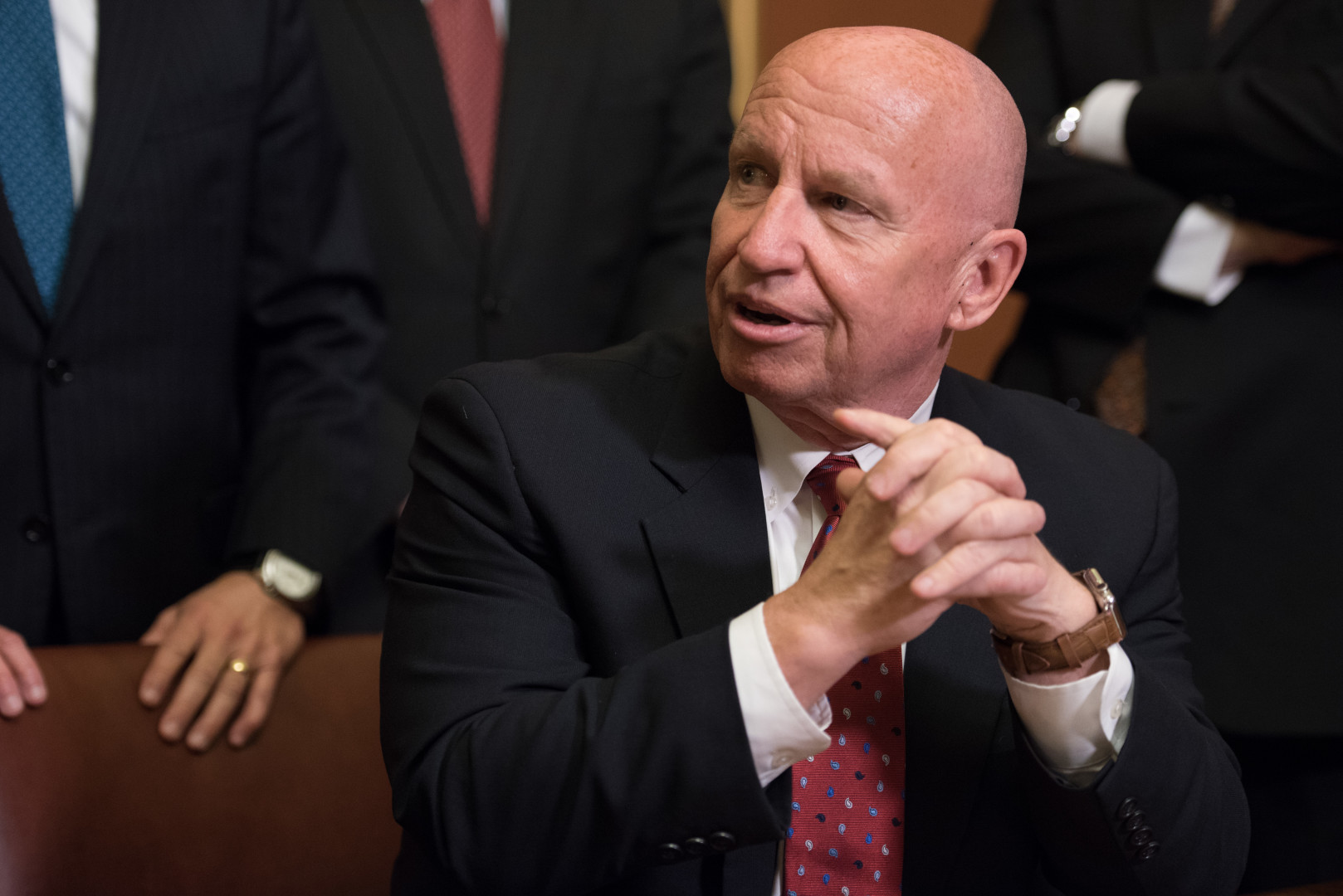House Republicans won’t waste any time before introducing their international tax reform proposal. They want a draft done before the end of March.
The House Ways and Means Committee got the ball rolling Wednesday with a hearing on how to address perceived problems with the U.S. international tax system. Rep. Charles Boustany (R-La.), the chairman of the subcommittee on tax policy, told reporters after the hearing he’s hoping to release an international tax reform proposal soon.
“I’m hoping to do something before the end of the first quarter, at least have a bill ready,” Boustany said. “I want to have a bill. That’s what the chairman wants me to do. And we want this because we’re running out of time.”
Republicans and Democrats can at least agree on that last point. At the Ways and Means hearing, many members said action is needed now to keep U.S. companies from moving their headquarters overseas to take advantage of lower tax rates.
Chairman Kevin Brady (R-Texas) says the simplest solution is to lower corporate tax rates to match those of the rest of the world. Right now, the 35 percent U.S. rate is far above other countries’ average of around 25 percent.
“As the rest of the world changes, the pressure has been building on the U.S., and we haven’t really done anything to change our tax code at all,” Michelle Hanlon, a professor of accounting at the Massachusetts Institute of Technology, said. “There are some things that are obvious to do, and that’s lower the corporate tax rate.”
Brady told reporters after the hearing that the committee’s discussion is the “first, most important step” Congress can take is to lower the “tax gates” and make it easier for U.S. companies to bring their overseas-earned profits back to the mainland.
He more or less dismissed the idea of placing restrictions on a practice called “earnings stripping” that committee ranking member Sander Levin (D-Mich.) has put forward as a partial fix. He wants to put an end to the practice of multinationals overloading their U.S. subsidiary with debt owed to their foreign-based parent company because interest payments are tax deductible in the United States.
When asked if any of Levin’s proposals could be used to attract Democratic support to a GOP-backed tax package, Brady said the committee would look at “all of the proposals” and reach out to Democrats. But, he added, just addressing earnings stripping wouldn’t be enough.
“That’s sort of been the traditional response on inversions. It doesn’t address the root cause of it,” he said.
Both Boustany and Brady said they will continue to work with Rep. Richard Neal (D-Mass.), the top Democrat on the tax policy subcommittee. Neal and Boustany both have worked together on a proposal for an “innovation box” tax rate that would try to keep U.S. companies that do research and development domiciled in the country. Those companies would be taxed at even lower rates than other corporations.
That proposal, however, isn’t popular with all Democrats or even some in the Obama administration. Last month, Council of Economic Advisers Chairman Jason Furman said in an interview with The Wall Street Journal that the he doesn’t see the innovation box proposal as a workable solution.
Add to that hesitation to a range of other warnings from members of Congress about such issues as revenue neutrality and warnings about conflating inversions with beneficial foreign investment, and it becomes clear that the GOP has a steep hill to climb if it wants to push an international tax bill through Congress this year.
Plus, any bill would have to get through the Senate. For Rep. Jim McDermott (D-Wash.), this year’s tax discussion is a waste of time. “This is a sham hearing. It’s not going anywhere,” McDermott said. “We had the Senate member over today to the Democratic Study Group who said, ‘Nothing is going to happen in the Senate on taxes.'”

